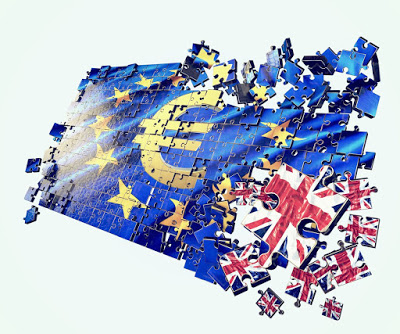How exceptional are market developments? Much rests on the answer. Â
If these are extraordinary circumstances, then Japanese intervention becomes more likely. Of course, Japanese policymakers have been inclined to intervene before the UK referendum but were seemingly rebuffed by its G7 partners.Â

In Europe, the designation of “exceptional circumstances” is critical. Such a designation could soften the EU strictures. Italy is on the leading the push in this direction.Â
Like Japan, Italy suffered from pre-existing conditions. Essentially, by the time the Italian political situation allowed to address the banking system, the EC had closed the door to the sovereign support. Despite the weakness of Italian banks, there was nary a euro injected by the Italian government into its banks. Unsuspected by many, Germany, France, the UK, and the US injected more money into their banking systems than the Italian government.  Â
After its initial proposal were diluted by the EC, Italy launched its privately capitalized Atlas backstop, with the government selling (not giving) guarantees on the safest tranche of troubled assets that were going to be sold. The program was so compromised, and seemingly underfunded that within a couple of months of the launch, it became clear to many, if not most, observers that additional measures were needed. Â
Italian banks are widely perceived to a weak link. The Brexit shock has hit all links and especially the weak links. The EU only recently introduced new rules (Bank Recovery and Resolution Directive) that prevent taxpayers money (state aid) from being used before shareholders and some creditors are bailed-in. Italy wants to claim “exceptional circumstances,” which would waive the state-aid ban. Â
However, this would stigmatize Italy. Instead, the better path would be to solve Italy’s problems, not like an island (like you know who), but like in the context the EU. Such a course would entail declaring a state of emergency of sorts. It would allow all governments to assist their banks. Â

